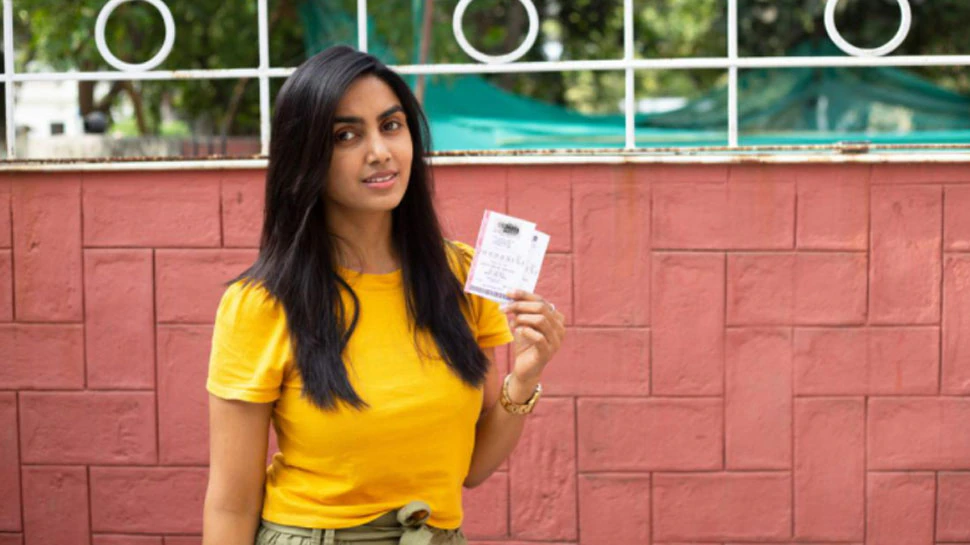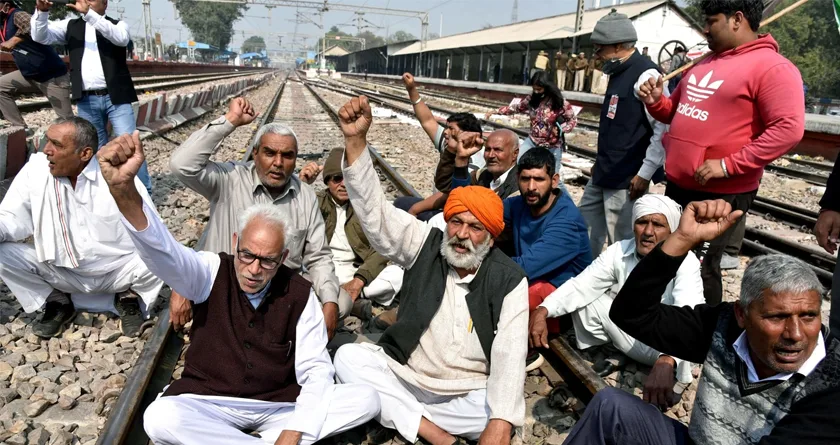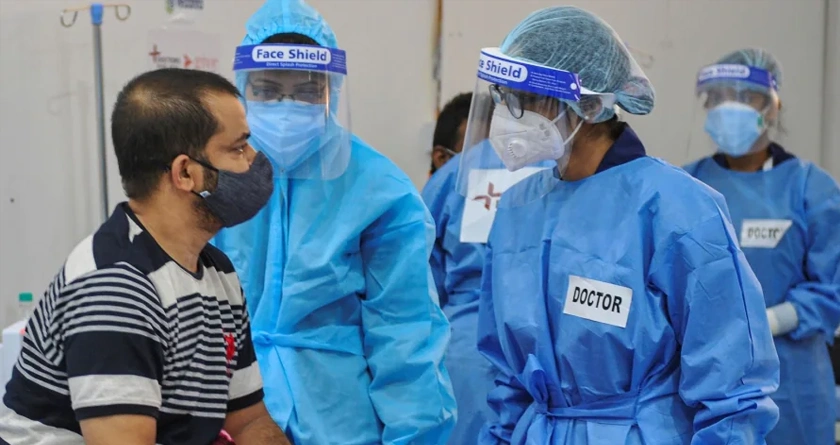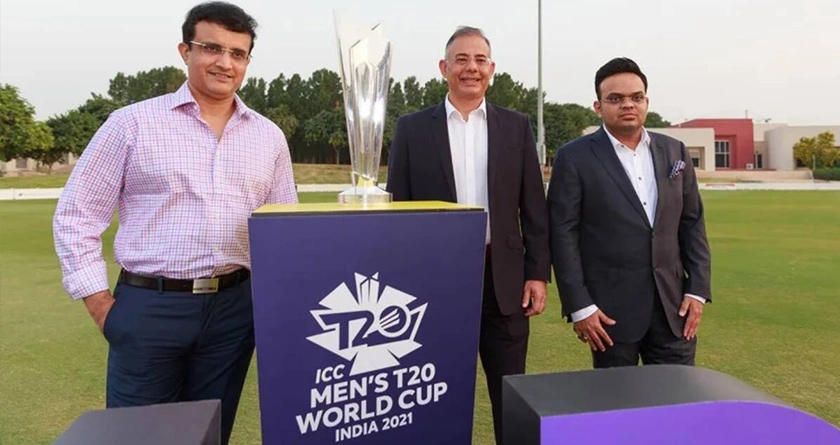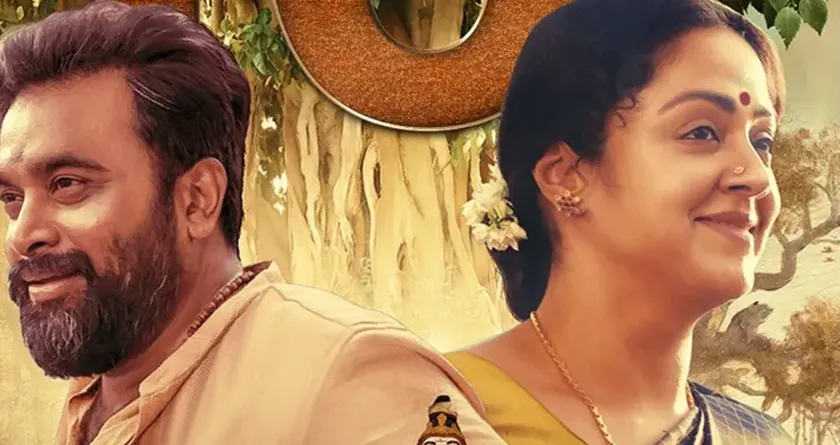
"Jhansi Rani" in Bangladesh: Indian railways broke tradition to pay tribute to this freedom fighter
About freedom fighter Jhansi Rani…Know more…
Thursday, 5th August 2021
It is interesting that almost every city and town in India and abroad has a road named after Mahatma Gandhi. There are more than 60 roads named after him in India alone.
The practice of naming streets, parks, bus stations, or train stations after celebrities is to acknowledge their work and contributions. Most commonly, most of these names belong to celebrities who have made significant contributions in their respective fields. For example, the East Railway has long followed the custom of paying tribute to the sons of the earth in the name of the station.
However, in 1958, things changed. The Indian Railways decided to pay tribute to a daughter of India and named a station in the Howrah district of West Bengal-Belanagar Railway Station. Bella Mitra became the first woman in Indian history to receive this honor.
The woman behind the name was born in 1920 into a wealthy family in Kodalia. There are 24 undivided Parkans from the Indian colony. Bela Mitra is called Amita or Bela Bose. Her father Surendra Chandra Bose is the elder brother of Netaji Subhash Chandra Bose, making her the niece of the famous freedom fighter.
As she grew up, Netaji continued to be a continuing source of inspiration for Bella and her sister Ilabos, and Ilabos played an important role in Netaji's escape from house arrest in 1941.
Bella has devoted herself to her since she was a child. After Netaji left Ramgar's Congress in 1940, she fought for freedom and decided to join Netaji. When the Indian National Army (INA) was formed, Bella joined the legendary Giansilani Brigade, and her husband Harida Smitra was a revolutionary. She joined the INA as a member of the Secret Service and was later promoted Director of Intelligence.
In 1944, with his help, the Secret Broadcasting Company was established. He led a team of capable radio operators and spies who would build their own transmitters and receivers to establish secret communications between India and Singapore. This channel allowed the two countries to exchange important information for almost a year through messages. All operations of this service are individually run by Bella from Kolkata (now known as Kolkata). As one of the forgotten heroes of India's freedom struggle, Bella is a much-needed support system and an important part of INA. She risked her life for a greater cause.
After World War II, her husband Haridas and three revolutionaries Pabitra Roy, Jotish Chandra Boss and Amar Singh were charged with treason and called anti-nationals. After an arbitrary trial, they were sentenced to death in 1945. To rescue them, Bella went to Pune to seek help from Mahatma Gandhi. He wrote to Lord Wavell, the Governor of India, to commute his sentence and tried to sentence him to life imprisonment instead of death, which was eventually invalidated after India's independence.
"Jansilani" from Bangladesh
Bella was dispatched to Kolkata to supervise INA special operations. He is responsible for secret communications between all nationalist groups and individuals. One of the operations involved was that the INA deployed a secret service team from East Asia, passing through the northeastern part of the country.
In this operation, Haridas, one of the main members of the Secret Service, was captured by the British. It was then that Bella led the operation and played a key role in its success. Supervise communication with members to ensure their deployment and accommodation. She even sold her wedding jewelry to cover the transportation expenses of many famous revolutionaries to the safe house.
After India gained independence, Bella's husband was released from prison along with many revolutionaries. When Haridas joined the Congress Party and became the Vice President of the People's House, Bella decided to stay away from politics. Instead, he decided to work to eliminate the violent effects of the zoning. His goal has always been to serve the people selflessly, so he decided to set up a social organization called Jhansi Rani Relief Team in 1947 to help solve the refugee crisis in West Bengal. The Jhansi Rani aid team adopted a bottom-up approach, focusing on repairing the open wounds in the social structure of India. Through efforts to resettle and restore millions of refugees from eastern Pakistan, India suffered blood on the road to freedom.
The News Talkie Bureau
Source:
Thebetterindia



